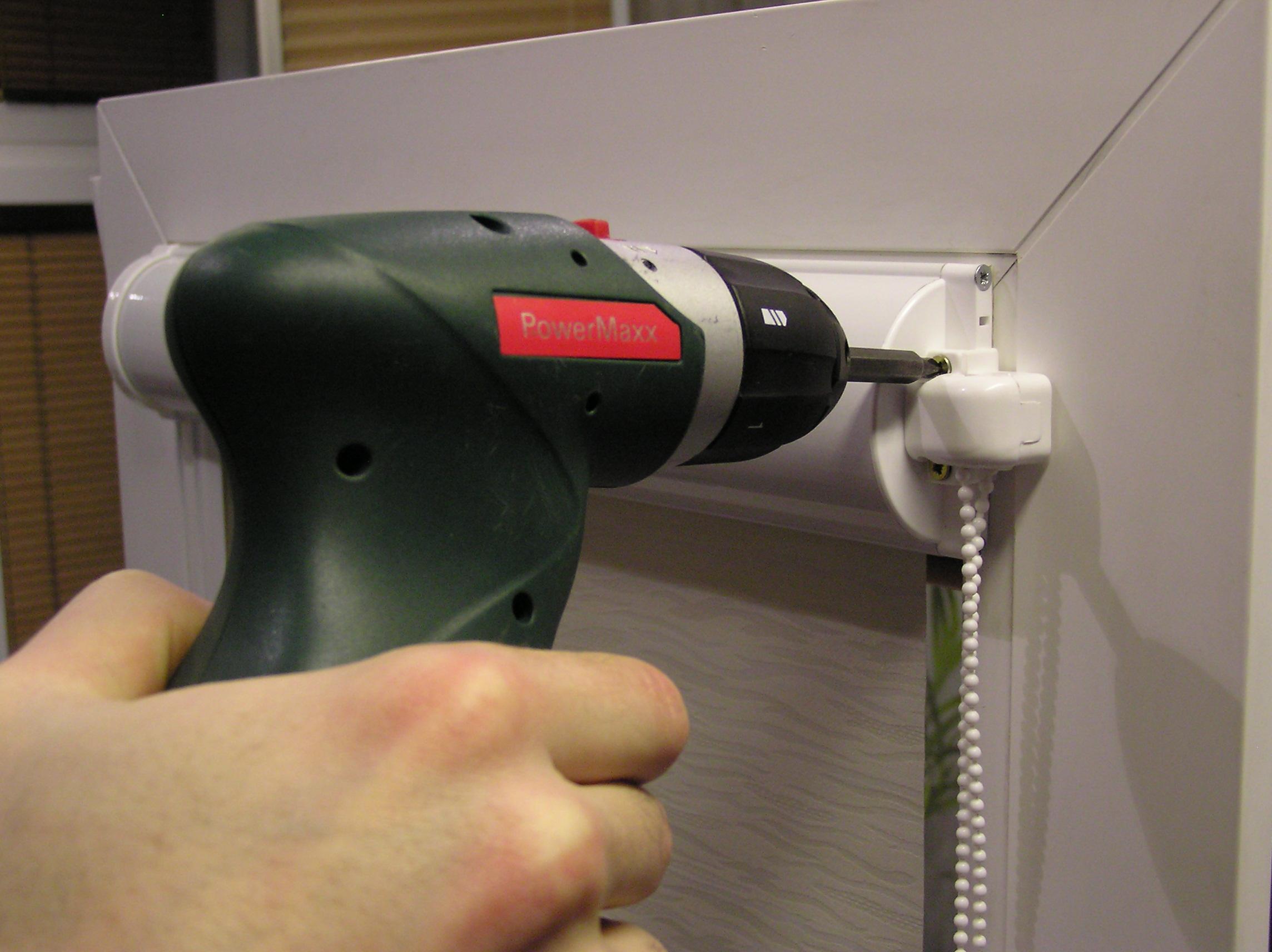
06 Dec A credit card for home improvements?
Photo: pjotrek/morguefile.comQ. I have an emergency fund of $20,000. I want to do home improvements costing about $10,000. Should I take from the emergency fund or take a six-month zero interest credit card for the expenses? A home equity line of credit is also an option.
— Borrower
A. Home improvements can be a large endeavor, so you want to make sure to do this right.
Before you begin, make sure you are not confusing “wants” with “needs,” said Chip Wieczorek, a certified financial planner with Tradition Capital Management in Summit.
“A home improvement would most likely fall into the `want’ category versus a home repair, Wieczorek said. “An emergency fund is typically set aside for unexpected expenses like a job loss, medical bill or furnace replacement- things you can’t plan for.”
He says he doesn’t recommend opening a zero-interest credit card for six months. If something comes up in that six-month period and you cannot pay off the debt, you will probably get hit with a sizable interest payment if the balance were not paid off in full.
A better option may be a home equity line, Wieczorek said, but you will have to make monthly payments to pay back the line so make sure that fits in your budget.
If you absolutely have to have it now and your income prospects are good, go the emergency fund route, but start saving monthly to replenish you emergency fund starting today.
“Assuming that at a minimum your $10,000 home improvement cost can be replaced back into your emergency fund within six months or less,” he said. “However, with the limited information I have about your financial picture, the option I recommend is to wait and start setting aside funds every month to be able to pay for you home improvement in full.”
When you have the $10,000 saved up, then start your project.
Email your questions to .
This post was first published in December 2016.
NJMoneyHelp.com presents certain general financial planning principles and advice, but should never be viewed as a substitute for obtaining advice from a personal professional advisor who understands your unique individual circumstances.
